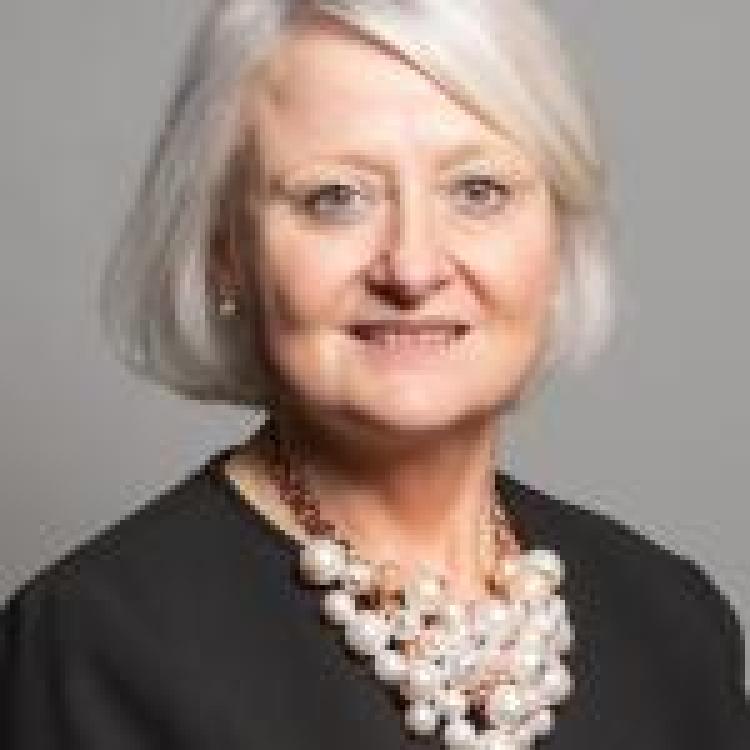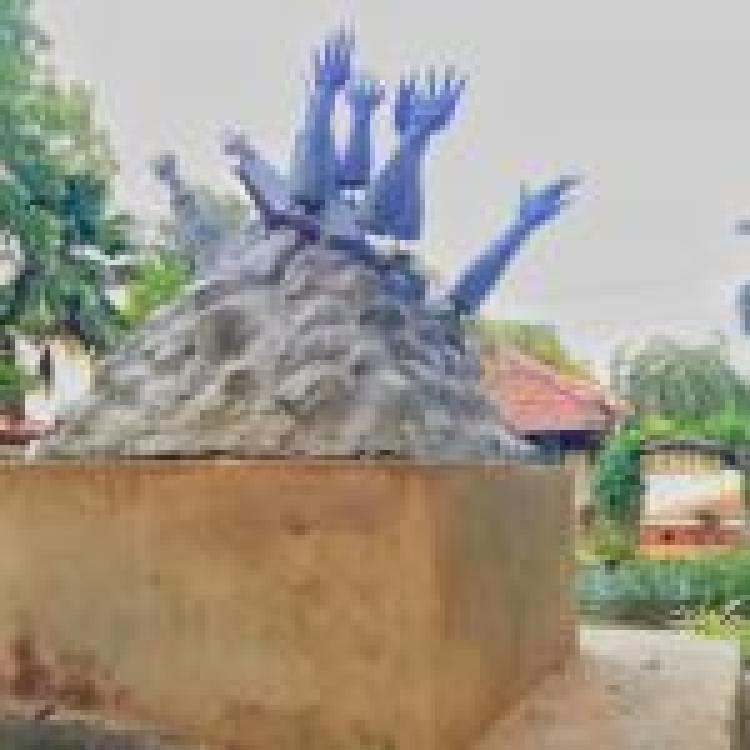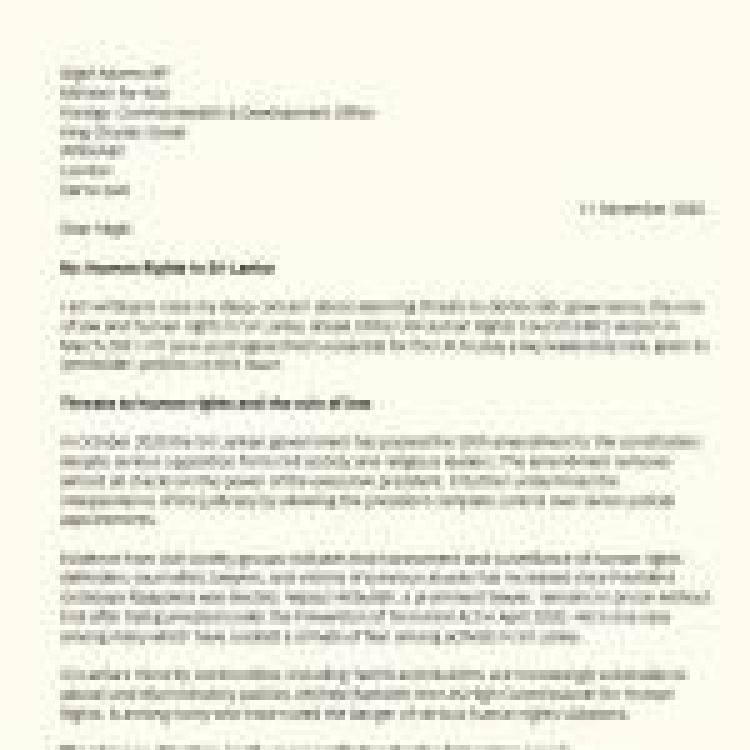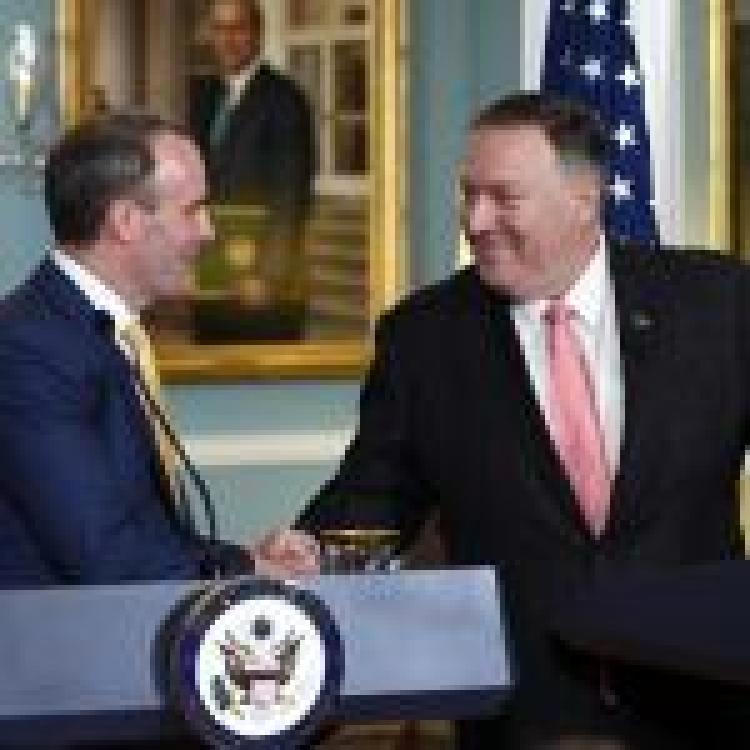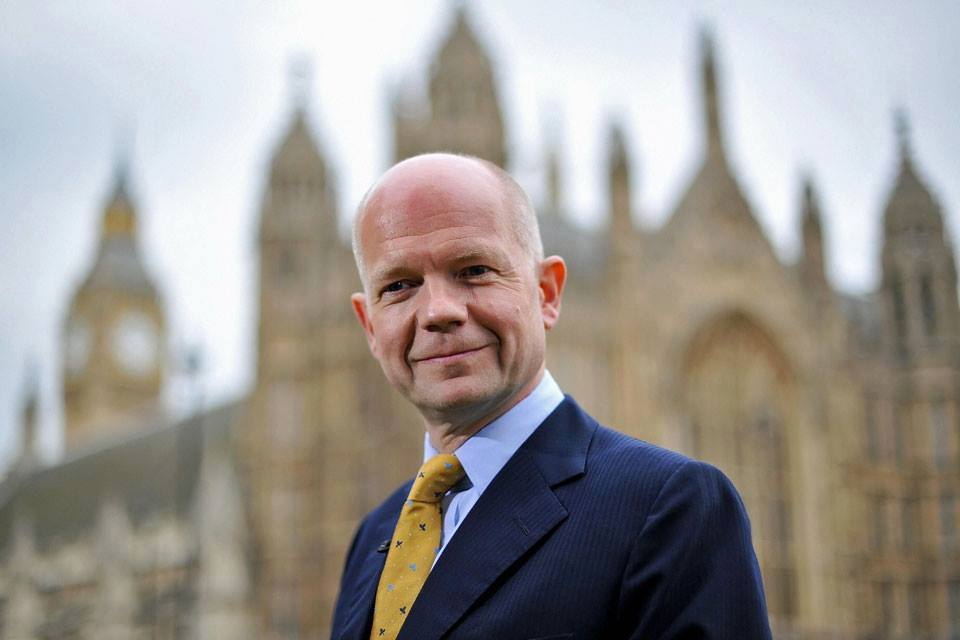
Writing in the Telegraph, Britain’s former Foreign Secretary, William Hague, warns against global democratic decline and highlights the authoritarian tendencies in Hungary, India, Turkey, and Sri Lanka.
In his piece he notes:
“In Hungary, the media and judiciary have fallen under the control of ministers; in India, the Modi government is showing autocratic tendencies; in Erdogan’s Turkey, some opposition politicians are in prison; in Sri Lanka, the government is empowering the military and abandoning commitments to justice and human rights”.
Hague, writing in response to the siege on Capitol Hill in America, cautions against complacency over democracy arguing that global leaders should pool their efforts into safeguarding democratic institutions and “speak frankly about the conditions in countries without the freedoms we take for granted”.
His remarks come in advance of a report to be published by the British Conservative Party Human Rights Commission on Chinese human rights abuses against the people in Xinjiang. These abuses include “torture, arbitrary arrest, forced confessions” and mass incarceration.
This statement also comes in advance of a United Nations Human Rights Council (UNHRC) session this March. The current government has been faced with a number of MPs calling for the UK to play a leading role at the UNHRC session and hold Sri Lanka accountable.
Hague on Sri Lanka
In November 2013, Hague, as acting Foreign Secretary, argued for the importance of British Prime Minister David Cameron to attend the Commonwealth Summit and confront the previous Rajapaksa administration on its human rights record.
At the time Hague noted:
“Four years later, Sri Lanka is still a country where civil society is suppressed, where NGOs and the media are routinely intimidated, where journalists and critics of the government have disappeared, and where no one has been held to account for alleged war crimes including rape and sexual violence”.
During this time he also advocated for an independent international investigation into Sri Lankan war crimes, if the Sri Lankan government failed to produce a credible and independent commission.
"The British government along with other members of the international community has consistently called for an independent, thorough and credible investigation into allegations of violations and abuses of international humanitarian and human rights law by both sides in the military conflict and in the absence of an independent investigation pressure will mount for an international investigation," he said.
A key focus of this speech was on sexual violence,
“To date, too little has been done, to hold people to account for crimes of sexual violence. The allegations include reports from the UN panel of experts that rape was used by government forces during the final stages of the conflict”, he added.
In 2015 he reiterated this statement:
Calls for a referral to the ICC
Over 11 years have passed since the end of the armed conflict and Sri Lanka has consistently failed to deliver on promises of accountability and transitional justice. In September 2020, the Core Group, which includes the UK, Canada, Germany, North Macedonia, and Montenegro, expressed scepticism and disappointment over Sri Lanka’s commitment to a “new domestic process” following their withdrawal from the co-sponsored UN Human Rights resolution.
![]()
That December, former Sri Lankan Human Rights Commissioner admitted that Sri Lanka’s Human Rights Commission could no longer be considered independent given the passage of the 20th Amendment. Her statement followed the appointment of an establishment of an all-Sinhalese board to the Human Rights Commission in November.
She further stated:
“Our track record, not just in relation to prison rights, but in relation to many human rights violations, is that we either have not inquired into violations or if we have inquired into them the reports have not been impartial and objective or the reports have not been released or if the reports have been released no action has been taken to hold those responsible accountable for the violations”.
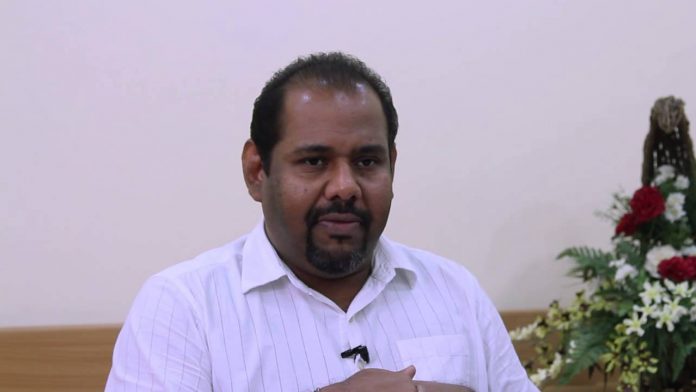
Increasingly Tamil parliamentarians, such as TNPF leader Gajendrakumar Ponnambalam and TMTK leader C V Wigneswaran, have called for the country to be referred to International Criminal court, given the countries persistent failure to deal with accountability. Britain's Shadow Minister for Asia, Stephen Kinnock, has further called upon the government to show international leadership on this issue.

